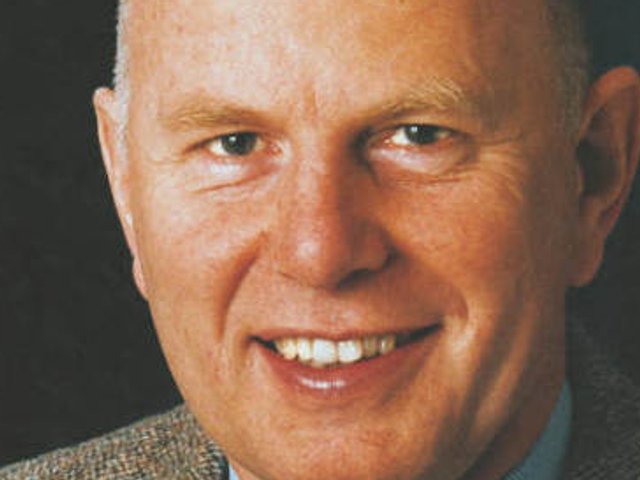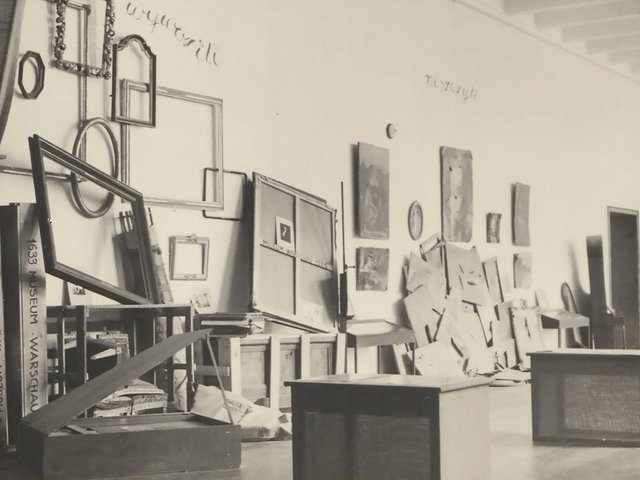The resignation on 22 November of the Germany’s first federal minister of culture since World War II, Michael Naumann, caused no surprise. Rumours of an offer he could not refuse from the weekly newspaper Die Zeit had been circulating for several weeks.
Naumann, 58, is a former journalist and US correspondent; he is leaving the government to return to his profession, becoming deputy editor of the influential Hamburg paper. To put it bluntly, Naumann is changing jobs to be sure of a larger pension than that of a government minister. His successor is the forty-six year-old philosopher Julian Nida-Rümelin, a professor at Göttingen for the past two years and cultural representative of the Social Democratic party in Munich. The Berliner-Zeitung has described Nida-Rümelin as “a consensus politician, in thought as well as in his organisational methods; his declared aim is to unite elite culture with popular culture”.
During his two years in office, Michael Naumann has been responsible for the restitution of some works of art stolen from the Russians during World War II. He has dealt with Berlin as the cultural capital of Germany: the restoration of the complex of museums on the Museum Island, State subsidies for the opera and theatre in Berlin which has no less than three opera houses, the Comische Oper, the Deutsche Oper and the Staatsoper. In Berlin he took a strong line over the controversial Holocaust Monument and persuaded Peter Eisenmann, who won the competition, to modify his design; he also came out in favour of the reconstruction of the Hohenzollern castle in the Schlossplatz, adjacent to the Museum Island. He has also been negotiating with Heinz Berggruen over the acquisition for the Berlin State Collections of major art from Berggruen’s collection of Impressionist and Modern masters.
One quality unanimously attributed to Naumann by the German press is charm; he has made the business of politics more glamorous. During the 16 years of Chancellor Kohl’s rule, culture never played such an important role in federal politics. Thanks to Naumann, Schröder has won plaudits from the intellectual left, and earned a measure of international acclaim. The Berlin daily, Tagesspiel has described Naumann as “charismatic”.



